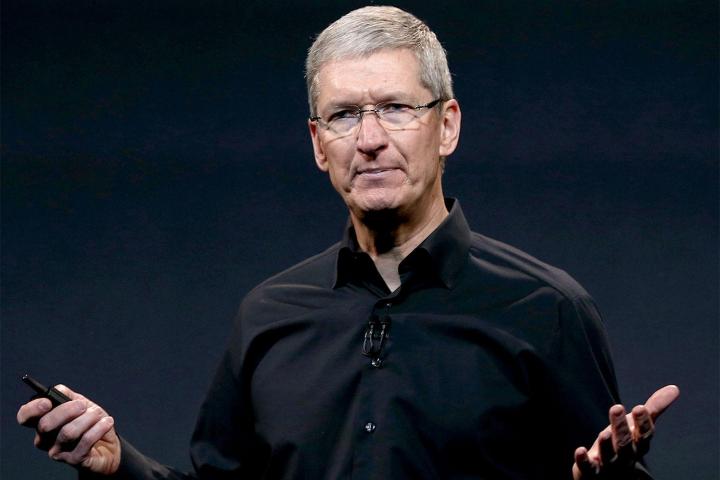
It’s actually quite simple. Apple employs end-to-end encryption technology on its iMessage platform, makes a big deal out of not invading your privacy, and has absolutely no wish to hand over any data to anyone — warrant or no warrant. In an interview with The Telegraph, Tim Cook spoke at length about the problems passing the bill could create. Ever the diplomat, he did all this without specifically mentioning Apple or its own use of encryption.
“To protect people who use any products, you have to encrypt,” said Cook. “We believe very strongly in end-to-end encryption with no back doors. We don’t think people want us to read their messages. We don’t feel we have the right to read their emails.” He went on to say that by placing a back door into any program, it can be exploited by anyone, not just law enforcement. Cook warned that by forcing the inclusion of a loophole like this could have “dire consequences.”
In the interview, Cook concentrated on the potential for human harm — both mentally and potentially, physically — if the reliance on encryption is lowered, or its made less secure. He argued that by doing this, “the people that you hurt are not the folks that want to do bad things. It’s the good people.”
Despite his words of warning, Cook says he is optimistic the UK government will do the right thing, and that public and press pressure will help push it in the correct direction. “You can’t weaken cryptography. You need to strengthen it,” he added.
Cooks words come soon after Apple told the U.S. government it cannot break the encryption built into an iPhone, even if it wanted to, following an increase in security in iOS 8 and iOS 9.



